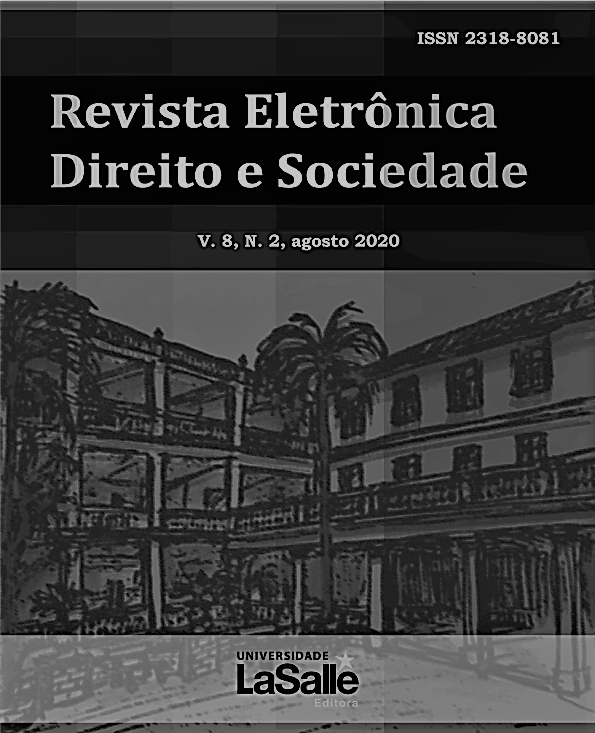Collateral damages in times of pandemic: concerns about the use of personal data to combat COVID-19
DOI:
https://doi.org/10.18316/redes.v8i2.6770Keywords:
Personal Data, Privacy, Data Processing, Collateral Damages, Pandemic.Abstract
Since the end of 2019, the new coronavirus pandemic has been infecting and killing thousands of people around the world. To reduce the spread of the disease, governments have adopted several measures, many of which involve the processing of personal data to map possible infected people and to identify those who are not complying with the quarantine period. In this scenario, the present work aimed to analyze the legal issues that involve the treatment of personal information by the public power, drafting the injuries that such treatment can cause to the data subjects, seeking to identify if there are limits to the treatment and disclosure this data in situations like the current one. It was assumed that the right to privacy may be restricted when the collective interest so requires, however, the use of personal data by States for the purpose of health protection may occur in compliance with fundamental rights. A bibliographic/documentary research was carried out on doctrine, journalistic articles and national and foreign legislation on the subject. It was concluded that, through the observance of certain principles, respect for privacy can and must live with the measures of treatment of personal data used to control the spread of the pandemic and monitor patients. However, it is a very arduous task to establish the balance point in the treatment of personal data for the benefit of the collective interest, so that the limits need to be constructed in the analysis of the specific case.
Downloads
Published
Issue
Section
License
Authors who submit their manuscripts for publication in the “REDES” Magazine agree to the following terms:
The authors claim to be aware that they retain copyright by giving “REDES” the right to publish.
The authors declare to be aware that the work submitted will be licensed under the Creative Commons Non-Commercial Attribution License which allows article sharing with acknowledgment of authorship and publication in this journal.
The authors declare to be aware that by virtue of the articles published in this journal have free public access.
The authors declare, under the penalty of the law, that the text is unpublished and original and that they are aware that plagiarism has been identified, plagiarized authors will be informed - willingly, to take legal action in the civil and criminal sphere - and, plagiarists will have their access to the magazine blocked.
The authors state that - in case of co-authoring - all contributed significantly to the research.
Authors are obliged to provide retractions and (or) corrections of errors in case of detection.
The authors are obliged not to publish the text submitted to “REDES” in another electronic journal (or not).
The Electronic Journal Law and Society - REDES - is licensed under a Creative Commons License. Attribution-NonCommercial 4.0 International.Based on work available at "http://revistas.unilasalle.edu.br/index.php/redes/about/submissions#copyrightNotice".
Permissions in addition to those granted under this license may be available at http://creativecommons.org/.

